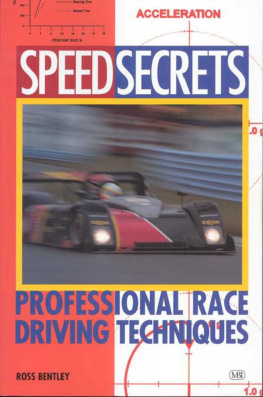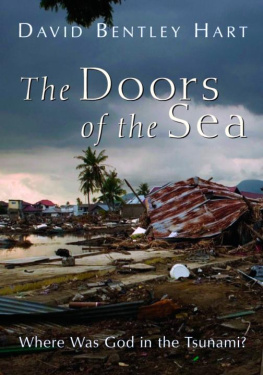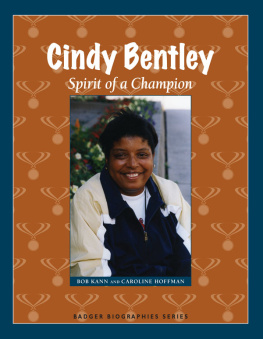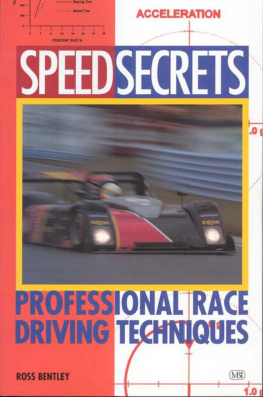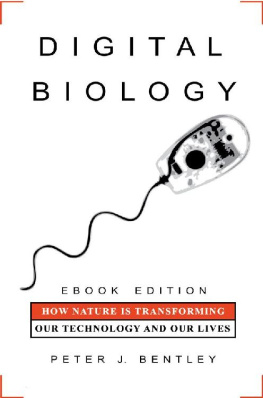This edition is published by Muriwai Books www.pp-publishing.com
To join our mailing list for new titles or for issues with our books muriwaibooks@gmail.com
Or on Facebook
Text originally published in 1951 under the same title.
Muriwai Books 2018, all rights reserved. No part of this publication may be reproduced, stored in a retrieval system or transmitted by any means, electrical, mechanical or otherwise without the written permission of the copyright holder.
Publishers Note
Although in most cases we have retained the Authors original spelling and grammar to authentically reproduce the work of the Author and the original intent of such material, some additional notes and clarifications have been added for the modern readers benefit.
We have also made every effort to include all maps and illustrations of the original edition the limitations of formatting do not allow of including larger maps, we will upload as many of these maps as possible.
OUT OF BONDAGE
THE STORY OF
ELIZABETH BENTLEY
CHAPTER I
AS THE S.S. Vulcania sailed into New York Harbor that July day in 1934, I leaned on the deck rail and looked at the skyline wistfully. It was good to be back in my own country after a years study in Italy, I thought, and yet what, really, was I coming back to? I had no home, no family. Nor was there much prospect of finding a teaching position. From all that I had heard abroad, the economic situation in the United States had not greatly improved. True, I still had some money left from my fathers estate but that would not last too long. Somehow I must find a way to earn my living. Standing there on the deck, I felt alone and frightened.
By September, the future looked even gloomier. After days of wearing out shoe leather and nights of writing letters of application, I realized that the possibility of my getting back into the teaching field was remote. Nor did there seem to be any other positions for which I was qualified. All those years of academic study have been wasted, I thought bitterly. There doesnt seem to be any place in the world for young professionals like myself. Then I grimly determined to make the best of a bad situation. I enrolled in the Columbia University business school, took a cheap furnished room in the neighborhood, and settled down to learn shorthand and typing. After six months of this, I would be in line for a secretarial job.
Yet I was haunted by the problem of our maladjusted economic system. Although I was only in my mid-twenties, I had already seen two depressions, the second worse than the first. Each had left in its wake suffering, starvation, and broken lives. What lay ahead of us now, I wondered. Complete chaos? That was possible but not for long. Chaos would undoubtedly be succeeded by a Fascist state. I shivered at the prospect. A year of living under Mussolinis regime had left me with no great love for Fascism. There must be some other way out, I thought, some plan that would insure a just world where men could live and work like human beings. But what? I didnt know.
At this critical juncture I became friendly with a girl who had a room down the hall from me. Her name was Lee Fuhr. She was a nurse taking courses at Teachers College of Columbia University in order to get an academic degree. Shorter than I, square and solid, with yellow hair and blue eyes that betrayed her Dutch ancestry, she gave the impression of being very sturdy and independent. I felt that Lee had a definite goal in life and was heading toward it, unswervingly.
Her life, it seemed, had not been an easy one. Coming from quite a poor family, she had spent her teens working long hours at very little pay in the cotton mills of New Jersey. That, I realized, must have been very hard and unpleasant work. I remembered vividly the time that a group of Gastonia strikers had come to solicit funds at Vassar and their horrible description of conditions then prevalent in the textile industry. Compared to her I had been very fortunate, I thought. True, my parents had never been very well off, but at least I hadnt had to work during my high-school daysexcept, of course, to earn spending money.
Lee, it turned out, had always been determined to be a nurse. By working hard and saving her money, she had finally managed to go to nursing school and get her R.N. degree. She married soon after, but her husband had died while she was carrying her first child. Undismayed, she had gone back to nursing, managing not only to support herself and Mary Lee but also to put aside enough to tide her over a year at Teachers College. It had always been the dream of her life, she said, to have a college degree. With that behind her, she could get into public health work.
Lees glowing enthusiasm made me feel as if, in a way, I were reliving my own past. As far back as I could remember, I had passionately wanted a good college education so that I could one day become a school teacher, as my mother had been before her marriage. To that end, I had studied very hardeven given up many of my outside activitiesin order to qualify for the necessary scholarship at Vassar College. Yet, in my case, had it been worth it? I hoped desperately that Lee wouldnt be disappointed, as I had been. After all her struggles it would be a pity if the prized diploma were just one more piece of paper to hang on the wall.
As I got to know Lee better, I began to realize she was one of the most unselfish people I had ever known. Her own difficult life, instead of making her callous, seemed on the contrary to have heightened her innate sympathy for other human beings. To everyone in trouble she gave unstintingly of her time, money, and understanding. She reminds me of my mother, I thought. She, too, had been uninhibitedly friendly and ready to help Others in time of need. I remembered that when anyone on our block had been ill, Mother had been the first one there to cook dinner and clean the house. Our house, too, had always been cluttered up with lonely people whom she, despite our meager budget, had invited in for a home meal.
I often wondered just why it was that Lee, in spite of her unhappy experiences in the textile mills, was not more cynical. Yet she would always say that although people were suffering and starving today, all this would be different in the future. How this was to be done, she didnt at first tell meindeed she gave very evasive answers to my direct questionsyet from some of her vague remarks I knew she was spending a great deal of her time working with groups that were helping to relieve poverty. Once or twice she even took me to large benefit parties given by groups whose names I have now forgotten but which at the time sounded like highly humanitarian organizations.
As time went on, I told her about my experiences in Italy and she was very much interested. My firsthand impressions had, she said, only confirmed her belief that Fascism was an ugly and dangerous thing. Moreover, she, too, seemed to be worried about the possibility of the United States becoming Fascist. Human misery was bad enough now, she agreed, but under that sort of regime it would be ten times worse. In fact, she said, she then belonged to an organization which was trying to enlighten the American people about the evils of Fascism and Nazism. The name of it was the American League Against War and Fascism. Why didnt I come over to one of their meetings at Teachers College and listen to the proceedings? Not only would I be interested myself to learn what Americans were doing in a practical way to prevent Fascism from coming to this country, but I could contribute to the work of the group by telling them what I personally had seen over there.


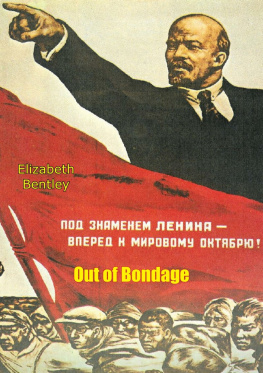
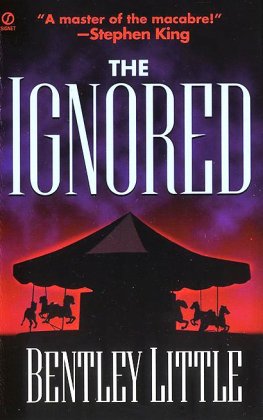
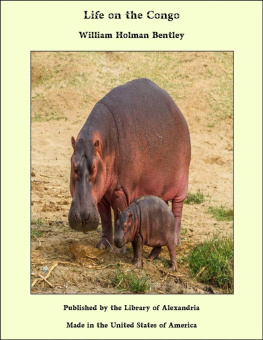
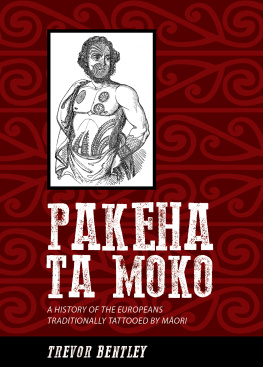
![[美]乔恩·本特利(Jon Bentley) 著 - 编程珠玑(第2版·修订版)](/uploads/posts/book/275588/thumbs/jon-bentley.jpg)
